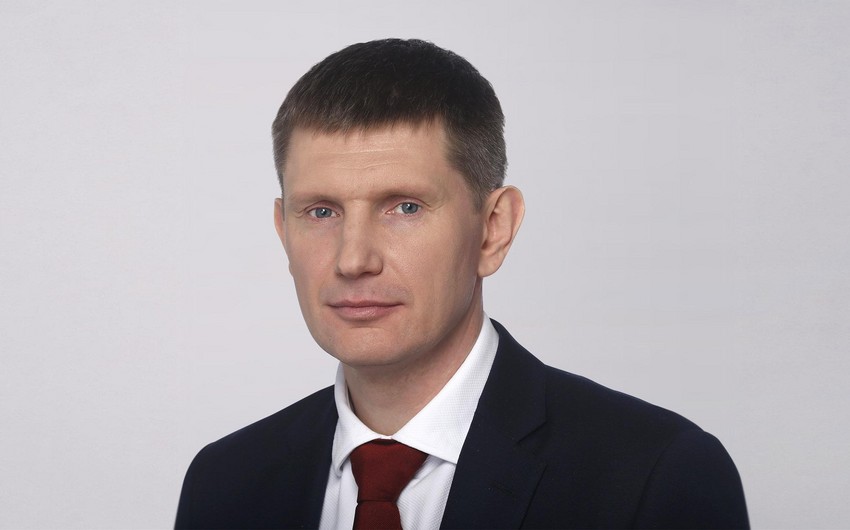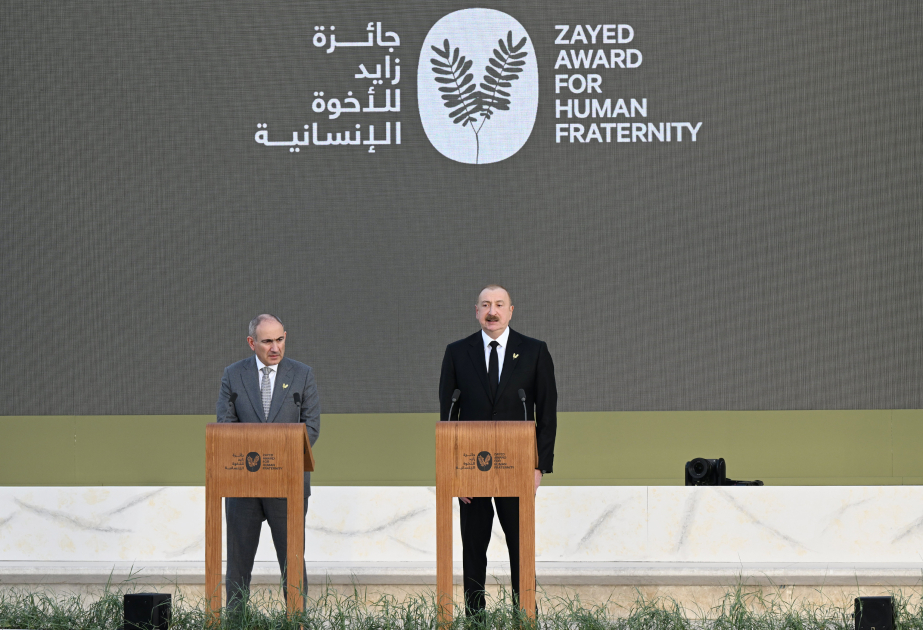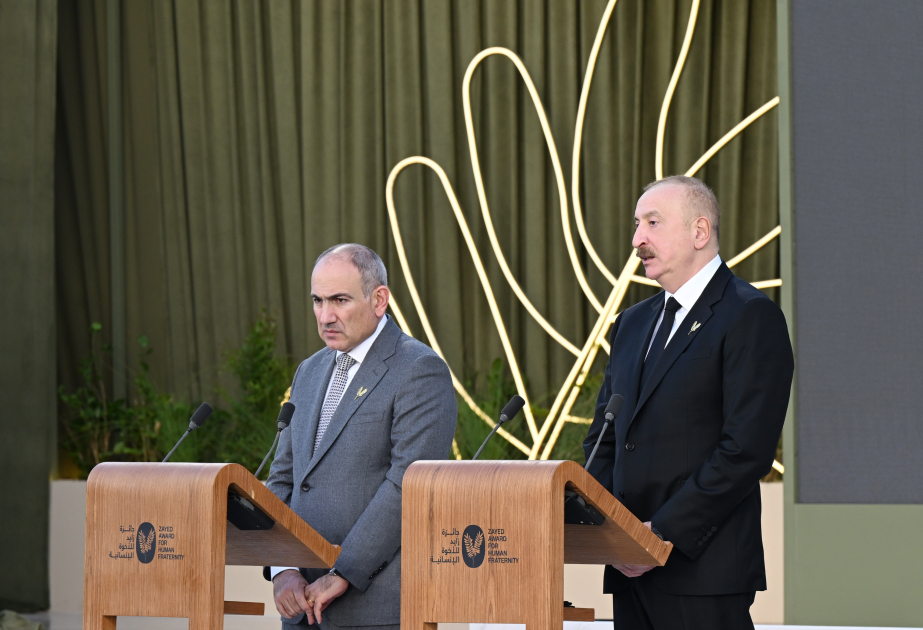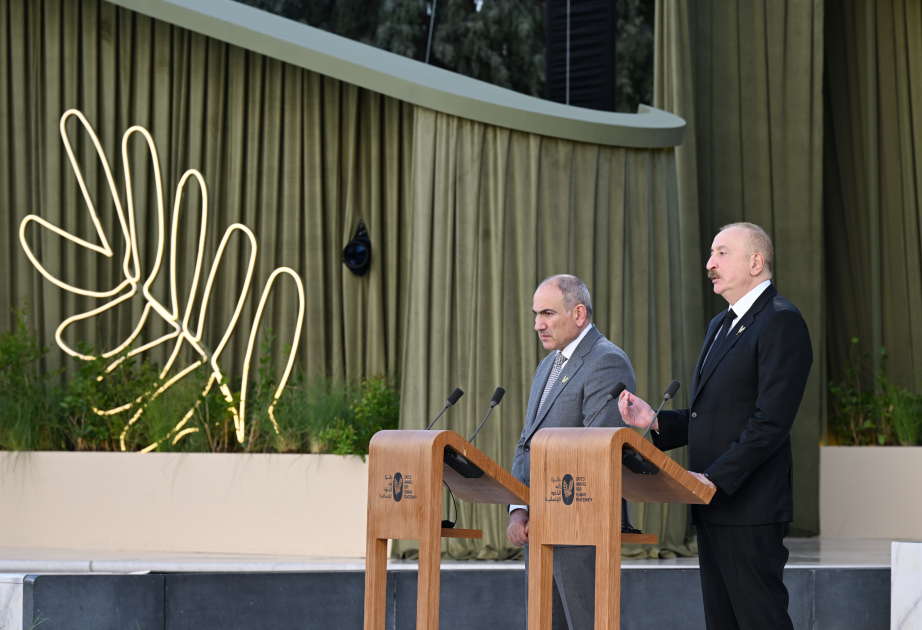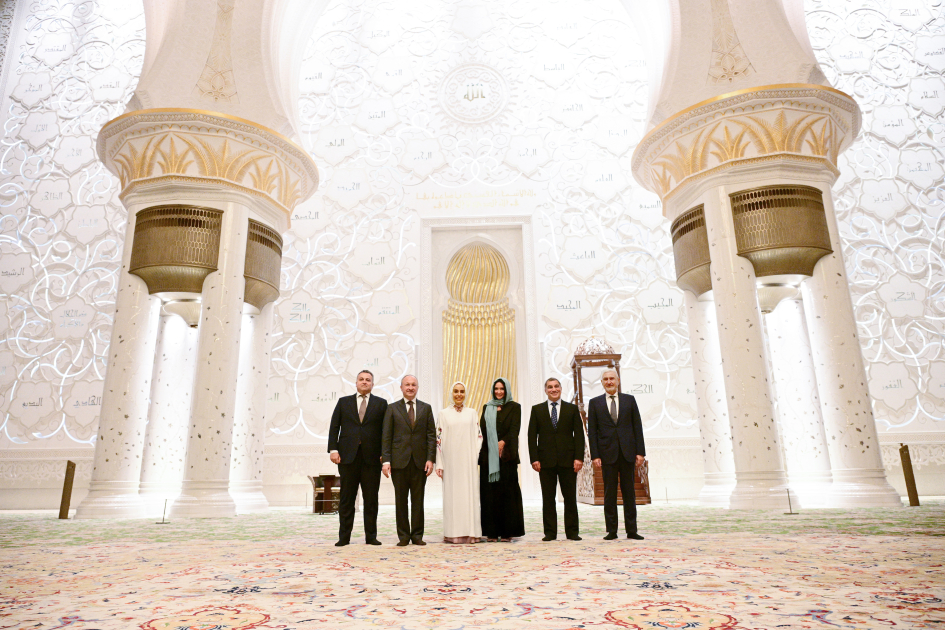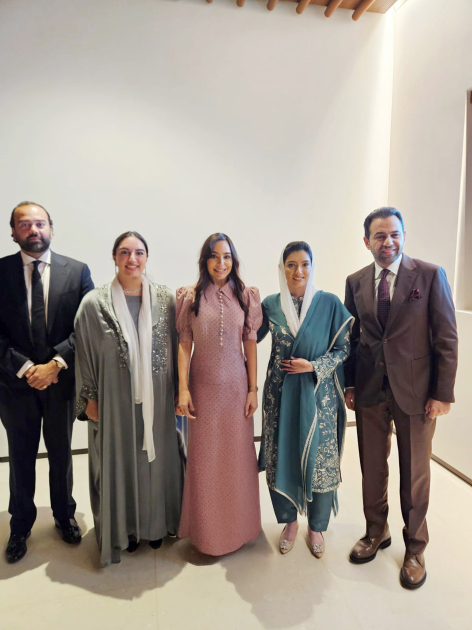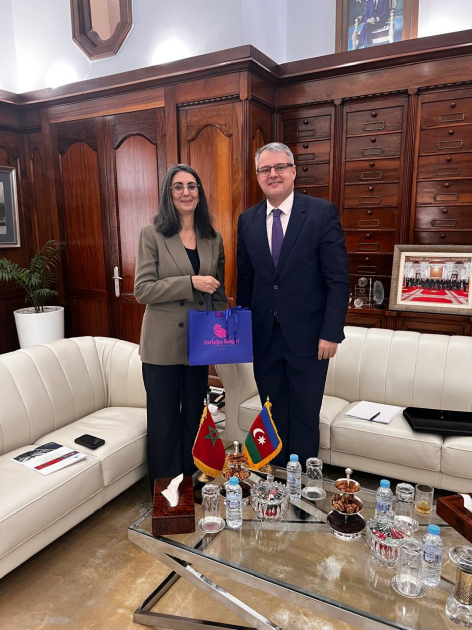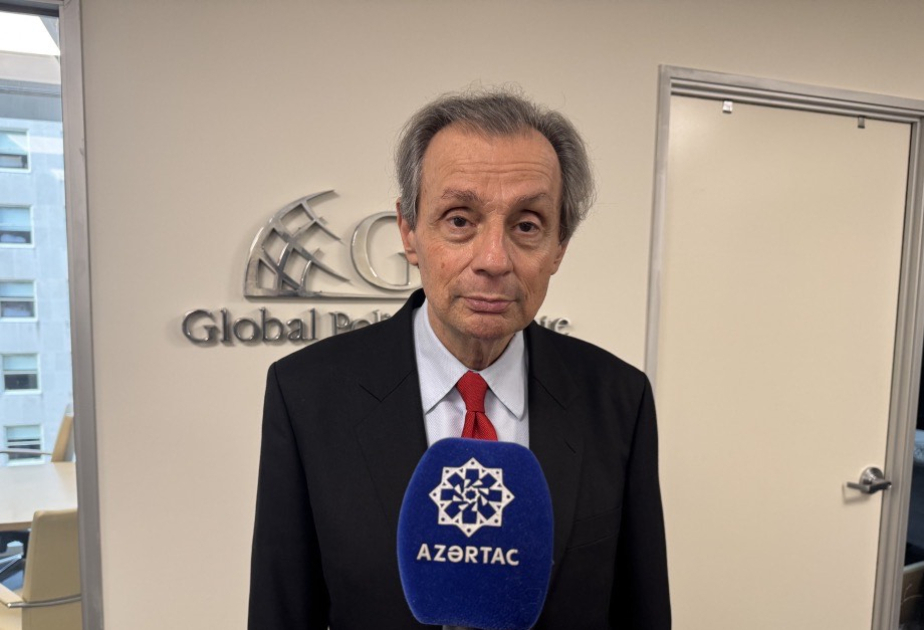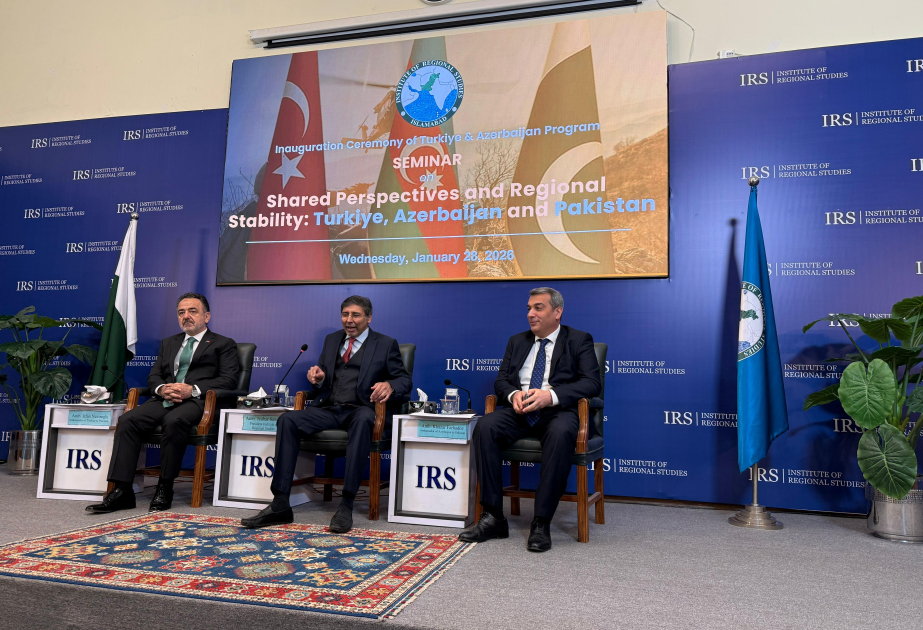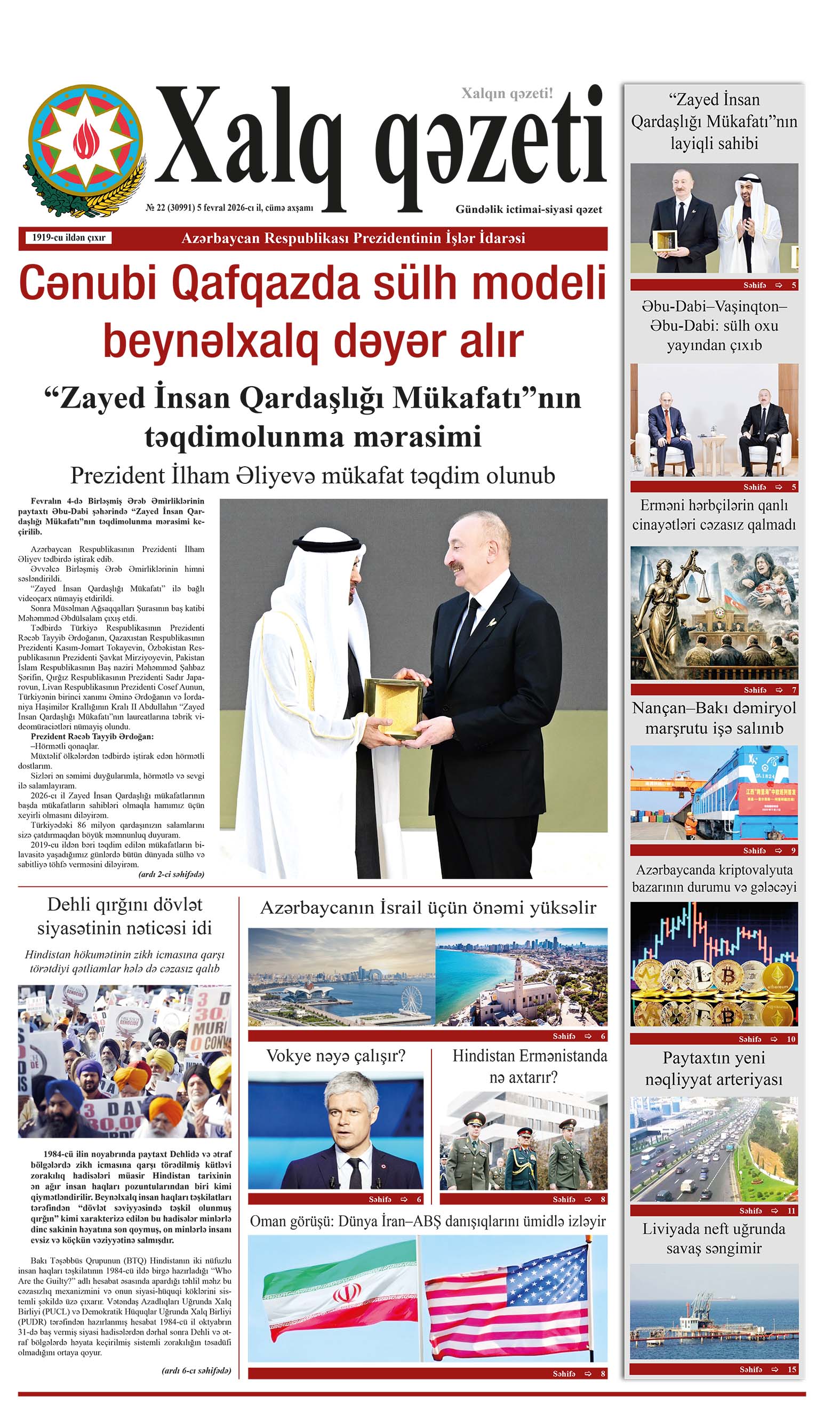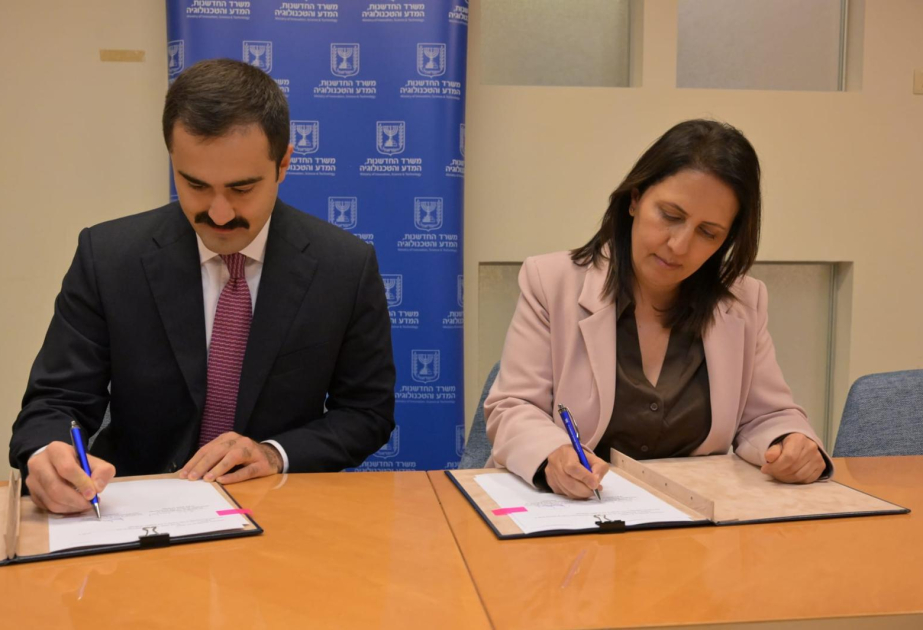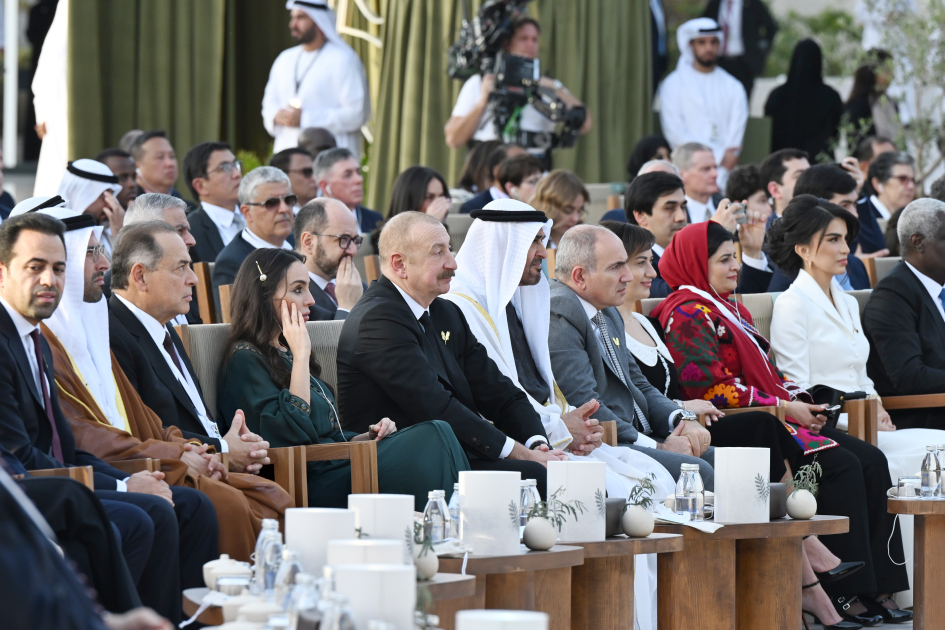The final document adopted at COP29 in Baku is Azerbaijan's diplomatic victory, Russian Minister of Economic Development Maxim Reshetnikov said in an interview with Interfax, according to Report.
Reshetnikov said the conference participants agreed on a new climate financing goal for developing countries. It is based on commitments from developed countries, which must provide at least $300 billion annually until 2035 for climate change activities.
Reshetnikov added that discussions in Baku on agreeing to the new climate financing goal for developing countries were extremely tense.
In particular, he emphasized that countries like India, Cuba, Bolivia, and African nations expressed dissatisfaction with the support volumes from developed countries and the diversity of its sources.
"Secondly, there were attempts to link financing decisions with internal financial flows. For example, to additionally call on countries to abandon traditional energy subsidies and introduce carbon pricing. It was important for us to defend the priority of national policy and the interests of our country and citizens. This also worked.
Despite disagreements, all participating countries agreed on the final document. Here, I want to specifically note the key role of the Azerbaijani presidency and their team's negotiation skills. This is undoubtedly their diplomatic victory," the minister noted.
Among COP29's achievements, Reshetnikov highlighted the approval of rules for international carbon unit trading.
"Another negotiating victory and positive outcome of the Baku conference is that participants established rules for international carbon unit sales. It's important for us that the agreements secure the principle of equal country access to the developing carbon market infrastructure. Russian projects and carbon units should not face politically motivated restrictions," he added.
Commenting on fossil fuel phase-out and negotiations on this topic at COP29, Reshetnikov noted that Russia does not plan to abandon its use.
"We're not giving up anything. Last year, we managed to formulate a balanced set of measures to achieve global carbon neutrality. It includes not only transition from fossil fuels but also development of renewable energy, electric transport, nuclear energy, and energy efficiency improvement," he explained.
He also noted continuing disagreements between developed and developing countries regarding the choice of necessary technological and ecosystem solutions for reducing or absorbing emissions:
"The developed world is definitely not ready for such dialogue. We continue to observe attempts to unilaterally impose new climate goals in the energy sector on the Global South, regulations in the form of border taxes and reporting requirements, and completely unacceptable conditions for providing technology and capital. Until developed countries move from this unfair game to constructive diplomacy, no ambitious goals will be achieved."


